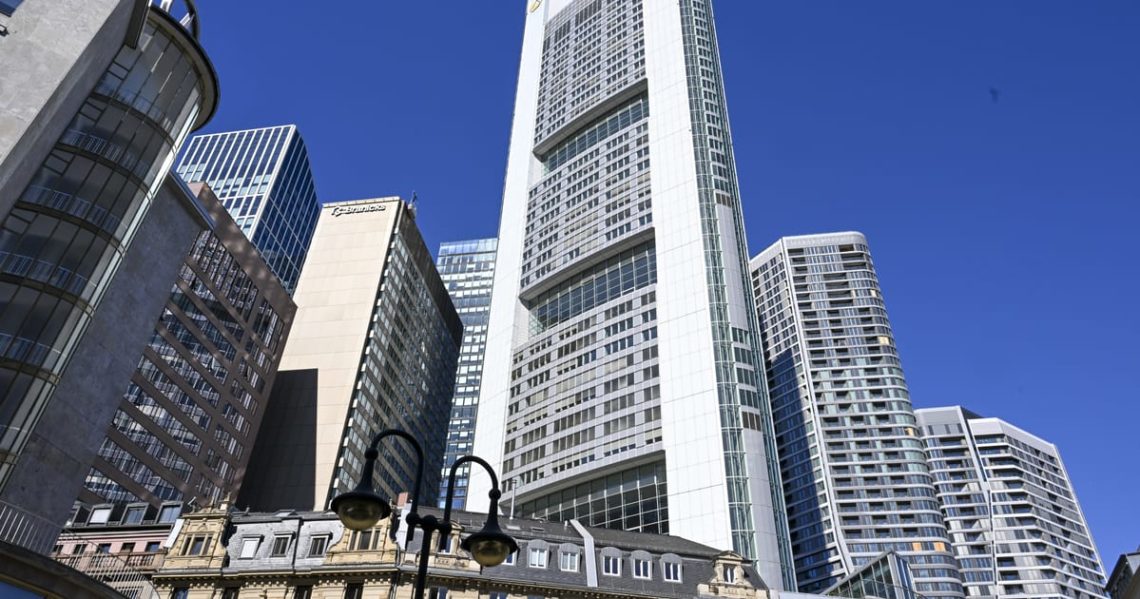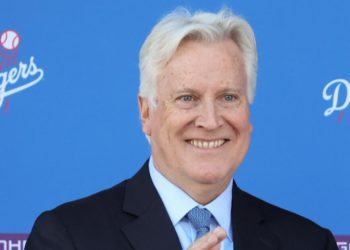The European Central Bank left its key interest rate unchanged at 2 percent on Thursday, with the euro area economy still proving itself resilient and with inflation reasonably steady around the Bank’s target.
The decision was consistent with guidance from policymakers that monetary policy is in “a good place,” giving them room to wait for year-end projections that will include the ECB’s first inflation forecast for 2028.
The economy grew a faster-than-expected 0.2 percent in the third quarter of this year, while preliminary data showed inflation ticking up to 2.2 percent in October, calming fears about a possible undershoot.
“The economy has continued to grow despite the challenging global environment,” the ECB said in its statement. “The robust labor market, solid private sector balance sheets and the Governing Council’s past interest rate cuts remain important sources of resilience.”
At the same time, however, the ECB warned that “the outlook is still uncertain, owing particularly to ongoing global trade disputes and geopolitical tensions.”
Risks remain abundant: beyond potential delayed effects from new U.S. tariffs, they include a further strengthening of the euro, as the U.S. Federal Reserve continues to lower its own rates. On Wednesday, the Fed cut rates by another quarter point — the second consecutive reduction — citing a slowdown in job growth.
Domestically, a delay to Germany’s fiscal stimulus measures and France’s ongoing budget crisis could also threaten to push the ECB out of its “good place.”
“Despite the US tariffs, despite all the various sources of uncertainty, the European economy continues to eke out some growth,” Deutsche Bank’s chief European economist Mark Wall said in e-mailed comments. “Economic ‘resilience’ is keeping the ECB doves in check, and the policy pause on the rails.”
A growing number of economists believe the central bank has reached the end of its policy easing. A recent Reuters survey showed that, while a slim majority of analysts last month expected one more rate cut before the end of 2026, nearly 60 percent now anticipate no further changes to borrowing costs in the current cycle.
This article has been updated.
The post ECB keeps interest rates unchanged as economy withstands trade shock appeared first on Politico.




